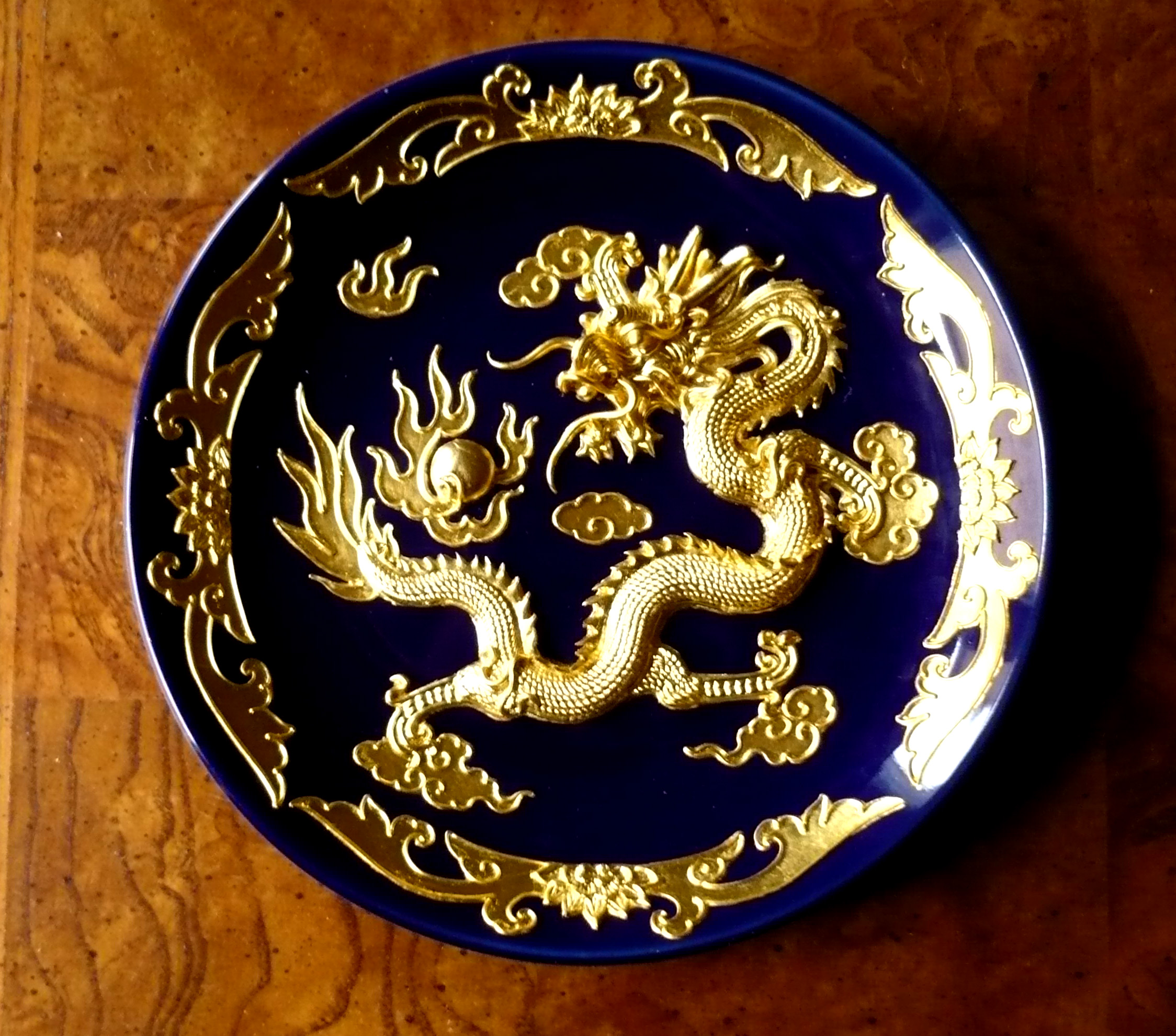Don't Worry, it's Not Religious
Joy and Matthew Steem
We have to react against the heavy bias of fatigue. It is almost impossible to make the facts vivid, because the facts are familiar; and for fallen men it is often true that familiarity is fatigue. - G.K. Chesterton
If you don't mind, visualize a short little mental clip for me.
A friend and I have just been walking for 35 minutes to get to every booklover's Mecca, Powell’s City of Books in Portland. One square city block of bookish awesomeness. Despite the heat and slightly sweaty state of our sandals—when book hunting, comfy feat are important—we are hugely stoked about beginning our four-day Powell’s event. Just as we are coming close to our destination, we see two peddlers nearly blocking the entrance to the bookstore. One peddler is a dude with dreadlocks, and the other is an easy-on-the-eyes hippie chick—flower print dress, dark flowing hair, and all. We creep closer. (We are introverts, and thus can creep super well, trust me.) As we get closer, we notice that they have a sign in front of them that says “free.” Turns out, they are giving away a thick book and a CD in a shiny cellophane package. No cash is exchanged.
Odd, right?
Now, despite my country mouse nature, I am intrigued: one of the objects is a book. After watching cautiously, I finally accrue enough courage to approach Mr. Dreadlocks and ask what they are handing out. Just as my friend and I get to him, and he starts to point to the book in his hand, flower-dress girl coos to a passersby in a reassuring singsong kind of voice, “Don’t worry, it’s not religious.”
Turns out it was a free novel, and true to flower girl, it wasn't religious. But here is the thing: why did I immediately sympathize with the passerby? I even laughed. And then I caught flower girl’s eye and she laughed with me. And then my friend joined in, and we shared a tripartite moment of mirth in that shared though unspoken understanding—that secret, but not-so-secret knowledge that people don't even want something for FREE ... if it’s religious.
Here is something of a bit of a play on words: when someone wants our attention (a seller, a student, a lawyer, a preacher) what do we do? We “pay” attention. There is a kind of transaction that takes place.
So the idea that something religious is of so little value that no one wants to pay attention to it, even when it is free, is a problem. At least it seems this way to me. And while I was thinking about this, I remembered G.K. Chesterton, and something pertinent he said about how we think about Christianity. He offers that Christianity has the problem of everyone being—or thinking they are—familiar with it. And this, he calls a “bias of fatigue.”
He goes on to say that it is nearly impossible to present vivid facts to a person suffering from the bias of fatigue. Chesterton’s advice is that in order to meaningfully convey information about Christianity, a change in imagery may be helpful. In The Everlasting Man, he says:
I am convinced that if we could tell the supernatural story of Christ word for word as of a Chinese hero, call him the Son of Heaven instead of the Son of God, and trace his rayed nimbus in the gold thread of Chinese embroideries or the gold lacquer of Chinese pottery, instead of in the gold leaf of our own old Catholic paintings, there would be a unanimous testimony to the spiritual purity of the story. We should hear nothing then of the injustice of substitution or the illogicality of atonement, of the superstitious exaggeration of the burden of sin or the impossible insolence of an invasion of the laws of nature. We should admire the chivalry of the Chinese conception of a god who fell from the sky to fight the dragons and save the wicked from being devoured by their own fault and folly. We should admire the subtlety of the Chinese view of life, which perceives that all human imperfection is in very truth a crying imperfection. We should admire the Chinese esoteric and superior wisdom, which said there are higher cosmic laws than the laws we know.
I have heard the statement “Jesus needs better PR,” but the only problem is that we (people) are it. And, maybe, just maybe, the problem of the bias of fatigue is that we are tired, too?
